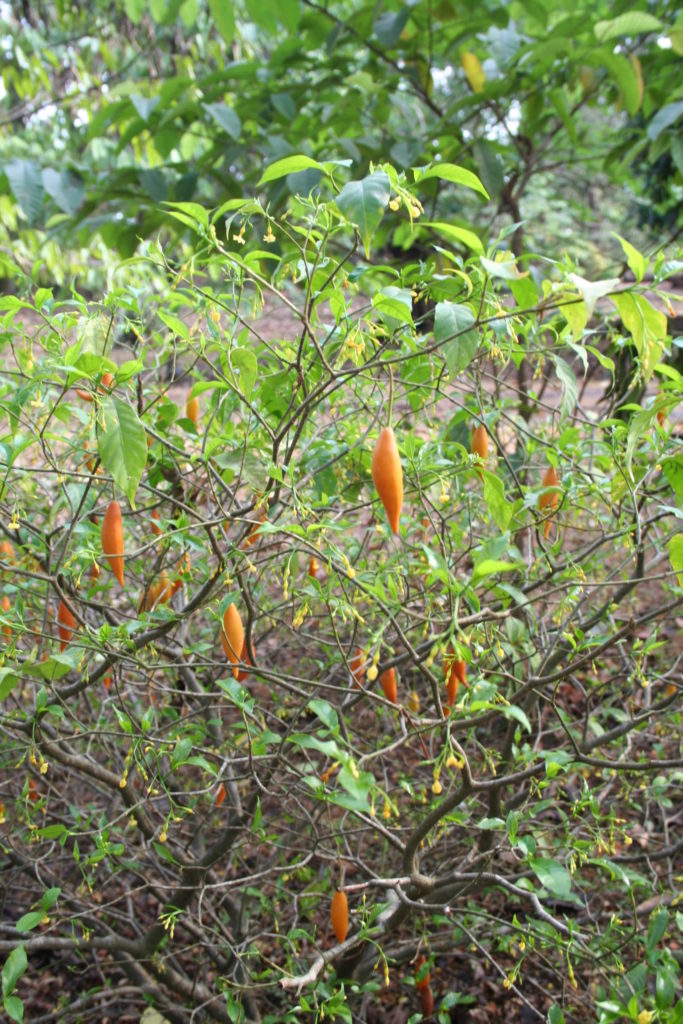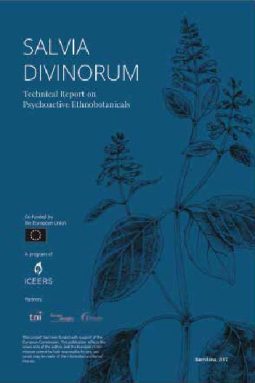Iboga and Ibogaine Community Engagement Initiative Phase 1
Harnessing a collective vision for the future of iboga/ine
A collective vision can serve as a North Star, supporting community leaders, visionaries, practitioners, and policy-makers to navigate through unknown terrain, and to remain focused on a future even though the exact path is not yet illuminated. The purpose of the Iboga and Ibogaine Community Engagement Initiative is to engage with the global community to crowdsource opinions and ideas about what an ideal future looks like for iboga and ibogaine in global society.
This initiative was conducted in two phases. This report is the result of Phase 1, which included a global engagement conducted primarily online and through video conferencing in order to assess current key issues and to develop a collective vision. Phase 2 was carried out during the fall of 2019 and included a more in-depth engagement in Gabon. This phase included a field visit where we captured stakeholder’s perspectives and visions about the present and future of iboga in Gabon. Findings from Phase 2 will be published in the Spring of 2020.
Ibogaine Community: An Ecosystems-Based Approach
The findings presented in this report do not belong to ICEERS but rather to the community. We encourage all those interested in iboga/ine to engage with this report – discussing the findings and critiquing the aspirations, improving, building on, and expanding them. Change is made possible through relationships – strong relationships and community ties are essential for overcoming all obstacles. There are many strengths that we share collectively, and it is our hope that these can be leveraged to care for the future of this cultural treasure.
We invite the community come together and commit to taking an ecosystems approach to creating a better future, an approach that recognizes the interaction between multiple elements within the ecosystem. An ecosystems-based approach begins with the plant itself, considering its future and all that it needs to continue to grow in the wild, as well as the traditional peoples and cultures that have safeguarded and stewarded rituals, knowledge, and ceremonial practices for generations.
As we move forward, let us consider the needs of the earth’s inhabitants – who are seeking spiritual growth and healing from addiction and long to feel connected – and those who develop close relationships with plants so that they can accompany individuals on their journeys. And finally, as we move forward, let us consider the needs of Mother Earth, our sacred home within this great universe.
“On est ensemble”
The expression “on est ensemble” – we are all together, is what Gabonese Bwiti practitioners say when parting ways. It reminds us that we are all connected. In closing, we’d like to thank all the community members who contributed to this project by participating in focus groups and dialogues, and responding to the survey.
Thank you to our advisory committee: Benjamin De Loenen, Tom Kingsley Brown, Doug Greene, Patrick Kroupa, Jeremy Weate, Hattie Wells, and Sarita Wilkins.
This report is dedicated to Doug Greene. Although he is no longer with us, his gentle, persistent dedication to the healing of humanity will continue to inspire.
Categories:
NEWS
, Iboga and ibogaine
, RESEARCH & INNOVATION


